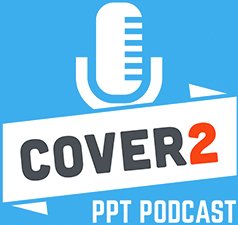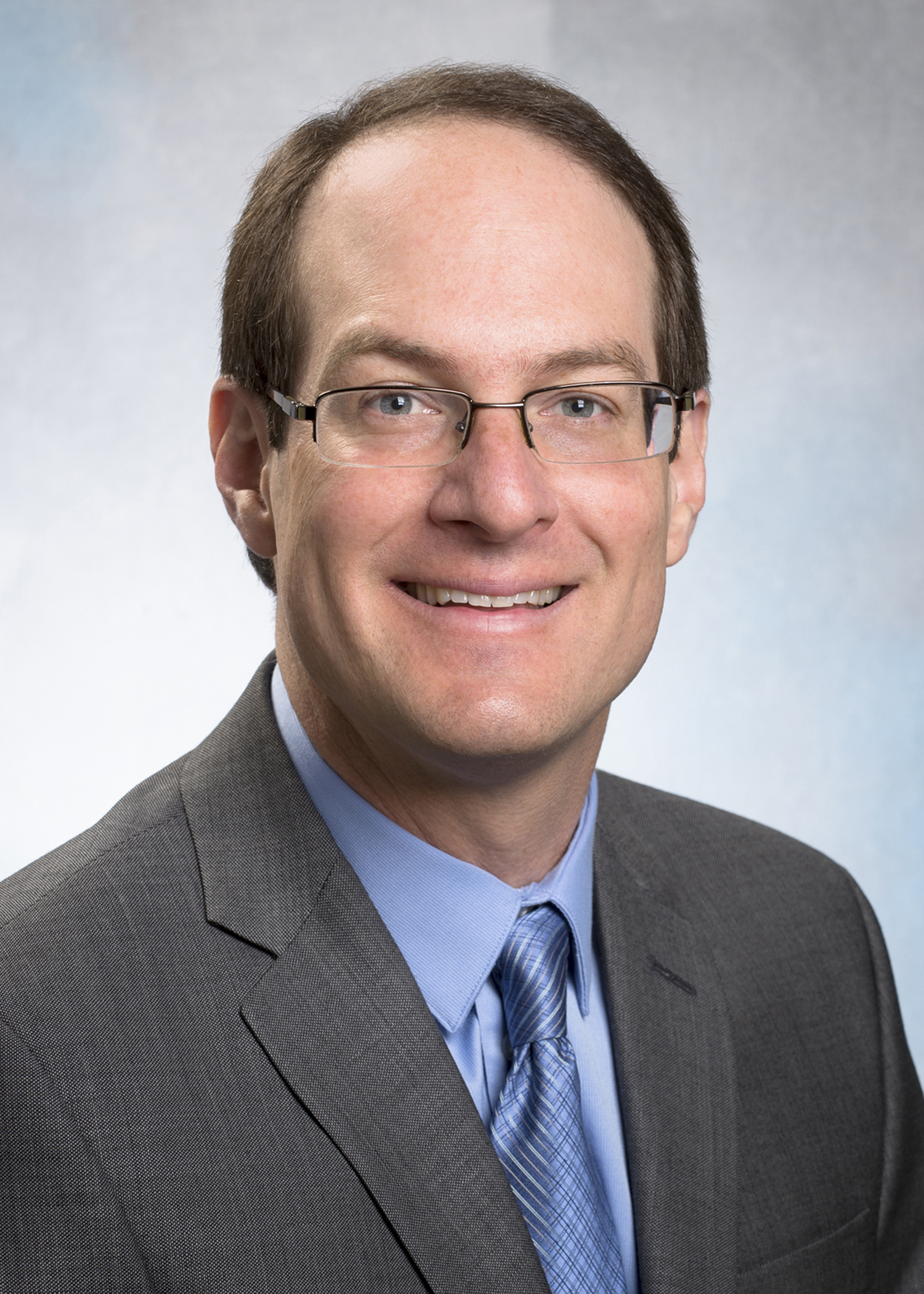Greg interviews Dr. Scott Weiner, the Attending Emergency Physician and Director of B-CORE at Brigham and Women’s Hospital in Boston, Massachusetts . Dr. Weiner started B-CORE, short for Brigham Comprehensive Response and Education program, with the aim of creating an umbrella and uniform standard for the treatment of substance use disorder within the hospital.
Greg asks Dr. Weiner about the initiatives they’ve been able to put in place since the start of B-CORE. Dr. Weiner explains that the first focus of B-CORE was to tackle the obvious issues – or ‘low hanging fruit.’ “First [was] drug takeback. The worst case scenario is that there is a bottle of pills left in the medicine cabinet that can then be diverted. And we know that the vast majority of opioids that are used are obtained from friends or family members for free. That indicates that there are excess pills in the household. So at our pharmacy we set up a bin where people can bring back their medicine that’s unused… Another thing we think is very important is Naloxone. That patient that had an overdose and survives is at an extremely high risk of overdosing again and future risk of death. So now we have programs in our two hospitals where we offer the Naloxone for free – anyone that’s interested can get it, without a prescription. Finally, we took a bunch of guidelines that existed, some by the Massachusetts Hospital Association, some from sister hospitals, and then the CDC guidelines as well and we created our own guidelines document for our providers within our hospital.”
Listen to the podcast to discover some of the future initiatives Dr. Weiner and B-CORE hope to put in place – like prescriber benchmarking and a Bridge Clinic where people can go even without an appointment to get started on the road to longer term treatment.





Leave A Comment